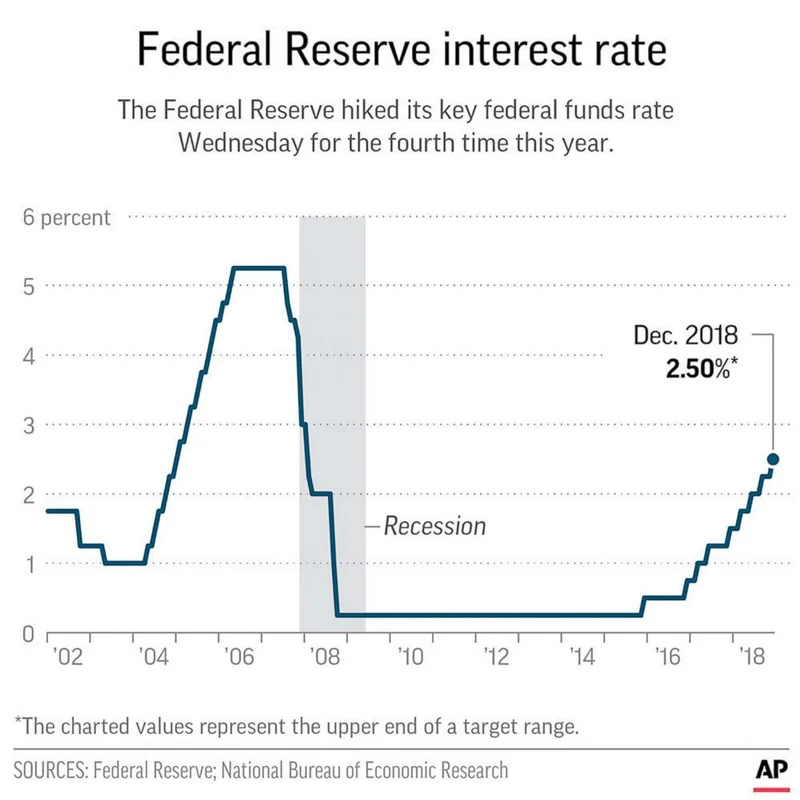The Fed Cuts Rates Again: and Why They're Basically Flying Blind
So I just spent my morning coffee break reading a corporate cookie policy. Don't ask me why. Maybe it's a form of self-harm, maybe I just wanted to feel something. And boy, did I. I felt the slow, creeping dread of a civilization drowning in legal jargon designed to bore you into submission.
NBCUniversal, in its infinite wisdom, has gifted us a document that’s supposed to explain how they and their mysterious "partners" track every digital breath you take. It's a masterpiece of obfuscation, a sprawling epic poem dedicated to the art of saying nothing while covering your ass. They call them "Cookies," which is a cute, friendly name for what are essentially digital ankle monitors.
And get this—in the middle of all this privacy nonsense, I found a random news clip about the Fed cuts rates again, but Powell raises doubts about easing at next meeting. What does Jerome Powell have to do with my browser cache? Nothing. Absolutely nothing. It's the kind of corporate data-salad that proves my point: none of this is for you. It's just noise, a digital smokescreen to hide what's really going on.
Your 'Choices' Are a Shell Game
Let's talk about the best part: the section on "COOKIE MANAGEMENT." This is where they pretend to hand you the keys to your own privacy. It's a lie. A beautiful, well-crafted, legally-vetted lie.
They give you a list of opt-out links. You have to go to Google, then Omniture, then Mixpanel. You have to do it on Chrome, then on Safari if you use it, then on your phone. Then on your tablet. Oh, and your smart TV. Did you upgrade your browser? Sorry, you have to do it all over again. It's not a system of control; it's a full-time job in digital janitorial services that they've assigned to you.
I imagine the meeting where this was designed. A bunch of lawyers in a room, patting themselves on the back. "How can we meet the legal requirement of offering an 'opt-out' while ensuring that statistically, almost no one will have the patience to actually do it?" This is their answer. It's like being handed a 500-page manual on how to leave a room, but the door is right there. They just want you to get lost in the instructions so you never actually try the knob.

And what's the point of this Sisyphean task? Do you get your privacy back? Offcourse not. They state, clear as day, that even if you manage to navigate this labyrinth, "you will still see advertisements, but they may not be as relevant to you." Thanks. So the reward for all my hard work is... worse ads? Give me a break.
They Think We're Idiots
The sheer audacity of the categories is what really gets me. "Strictly Necessary Cookies." "Personalization Cookies." "Content Selection and Delivery Cookies." This is corporate-speak for "cookies we need to make the site work," "cookies so we can figure out what to sell you," and "cookies so we can show you stuff we think you'll click on."
It's a bad joke. No, 'bad' doesn't cover it—this is a five-alarm dumpster fire of condescending nonsense. They’re dressing up surveillance as a bespoke user experience. "We're not tracking your every move to sell your data profile to the highest bidder! We're personalizing your content." It's the digital equivalent of a stalker saying he's not following you, he's just "curating your real-world experience."
Then there are the "Social Media Cookies," which let platforms "track your online activity outside of the Services." This ain't some harmless feature. This is the whole ballgame. It means Facebook knows you were looking at that pair of shoes on some other site, and now those shoes will follow you across the internet for the next two weeks like a ghost you can't exorcise. They list all these "partners"—advertisers, vendors—and expect us to just nod along, but who are they, really...
Do the people who write these policies actually believe anyone is making an informed decision? Or is the entire point to create a document so dense, so filled with legal dead-ends and circular logic, that any normal person’s eyes just glaze over as they click "Accept All"? It’s not consent. It’s exhaustion.
So This Is 'Consent'
Let's be real. This whole song and dance isn't for our benefit. It's a liability shield. It's a document that exists so that when someone finally asks why our entire digital lives are being packaged and sold, a lawyer can point to a link in the footer of a website and say, "Well, they agreed to it." We're not users; we're just potential litigants to be managed. And we've been managed into a corner where clicking "yes" is the only way to get on with our lives.
